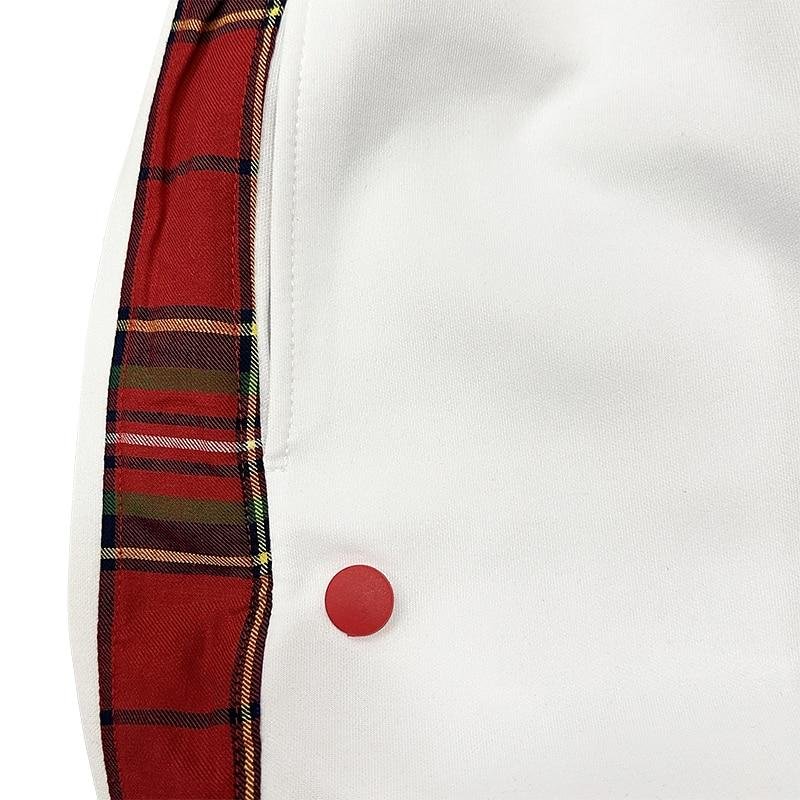Tag1: fashion industry
Tag2: clothing trends
Tag3: innovative designs
The world of fashion is constantly evolving, with new trends emerging every season. From vibrant colors to sustainable materials, the clothing industry has seen significant changes over the years. As we enter a new era of technology and consumer behavior, it’s essential to take a closer look at the future of fashion and how it will impact our lives.
One of the most significant shifts in recent years has been towards sustainability and ethical practices in the production process. With growing awareness about environmental issues, consumers are now more conscious about their purchasing decisions. This has led to an increase in demand for eco-friendly and ethically sourced clothing options.
Innovative technologies have also played a crucial role in shaping the future of fashion. From 3D printing to virtual reality shopping experiences, brands are leveraging technology to enhance their designs and engage with customers on a whole new level. Wearable tech is also gaining popularity, blurring the lines between fashion and functionality.
Another trend that seems to be here to stay is gender-neutral or unisex clothing. Breaking free from traditional gender norms, many designers are now creating inclusive collections that cater to all genders. This not only promotes equality but also allows individuals to express themselves freely through their choice of clothing.
Collaborations have become increasingly prevalent in the fashion industry as well. Brands are teaming up with celebrities, artists, and even other companies to create unique collections that appeal to a wider audience. These collaborations bring fresh perspectives into design processes while also providing opportunities for smaller businesses or independent designers.
As we move towards a more digital age where online shopping dominates retail sales, personalization has become key for success in this competitive market. Customers want tailored recommendations based on their preferences and past purchases which lead them towards personalized styling services offered by many brands.
Despite all the advancements, there is still a growing demand for classic and timeless pieces in fashion. The emphasis on slow fashion encourages consumers to invest in quality pieces that will stand the test of time rather than supporting fast-paced trends. This also ties into the concept of conscious consumerism, where individuals prioritize buying from ethical and sustainable brands over mass-produced ones.
In conclusion, the future of clothing industry looks bright with a focus on sustainability, technology, inclusivity, collaborations, personalization and conscious consumerism. As we continue to evolve as a society, it’s important for us to make responsible choices when it comes to our wardrobe. Let’s embrace these changes and be part of a more mindful and fashionable world.
